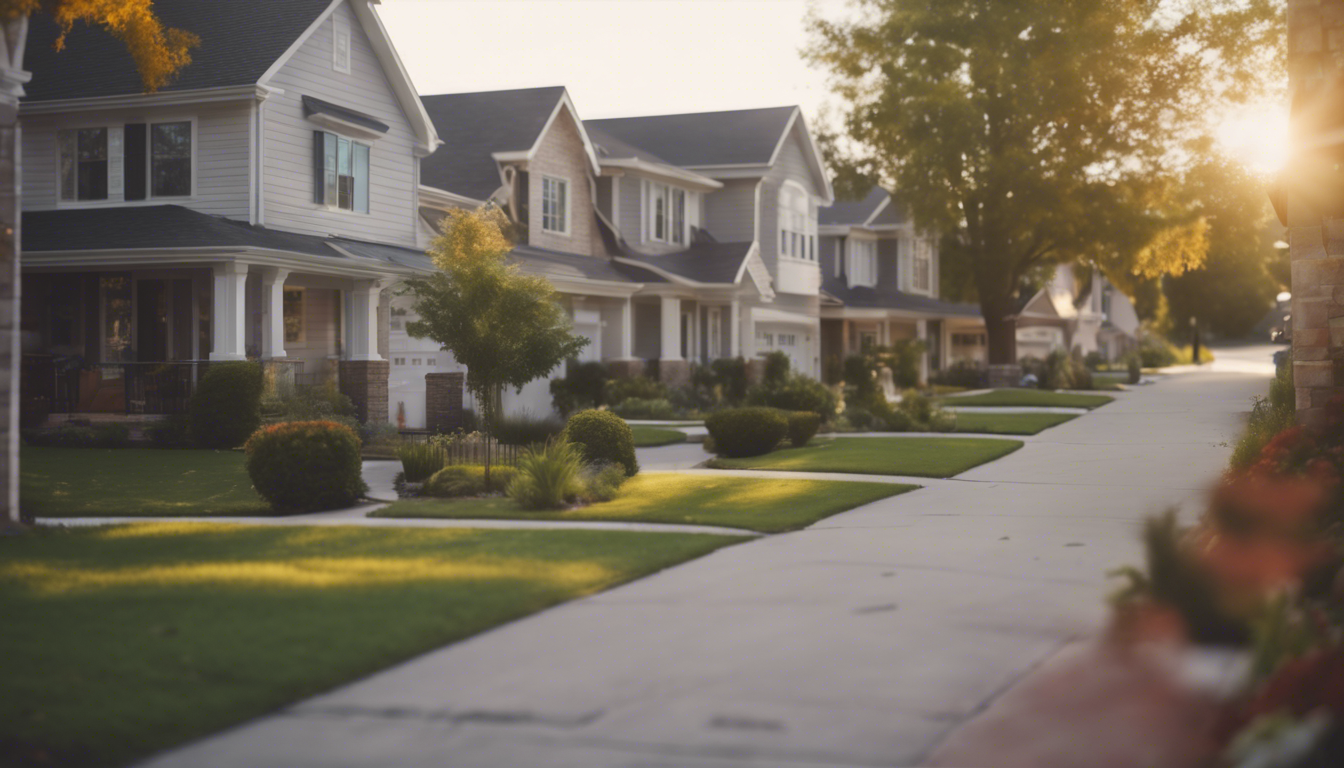The shift in the landscape of mortgage rates has been a topic of hot debate among potential homeowners, investors, and financial analysts. Recently, there has been a noticeable decline in the interest rates of variable rate mortgages. However, despite this downward trend, fixed-rate mortgages still predominantly attract more borrowers. This preference hinges on the fundamental need for financial security and predictability, which is paramount to most homebuyers.
Variable rate mortgages, generally tied to an index, fluctuate based on the movements in the broader financial markets. Initially, these rates can appear substantially lower than their fixed counterparts, making them an attractive option during periods of economic stability or when rates are dropping. However, the pandemic-induced economic volatility has laid bare the risks associated with variable rates. Homeowners with variable mortgages have faced unexpected spikes in their interest rates, leading to increased monthly payments that can strain household finances.
On the other hand, fixed-rate mortgages offer a locked-in rate that does not change over the life of the loan, providing a cushion against the unpredictability of the market. Irrespective of the economic conditions, borrowers with fixed-rate mortgages make the same monthly payment, aiding in long-term budgeting and financial planning. The peace of mind that comes with knowing exactly what one owes each month cannot be overstated, particularly in uncertain economic times.
Financial experts often cite stability as the primary advantage of fixed-rate mortgages. John Maynard Keynes, the famed economist, argued that predictability in expenses allows consumers to make informed and efficient financial decisions which is especially crucial in asset-management scenarios like home ownership.
The decline in variable mortgage rates is attributed to a few global economic pressures. Central banks worldwide have been adjusting monetary policies, which directly impacts interest rates. While lower rates can initially stimulate borrowing, long-term predictions suggest that rates will rise again as global economies stabilize and grow, making the current low variable rates potentially short-lived.
Considering the future of the real estate market, analysts predict that recovery times will vary significantly across different regions. The timeline for a market turnaround largely depends on continued government support, economic growth, and consumer confidence. Most estimates suggest a gradual market recovery may begin as early as the next 18-24 months, with full stability returning potentially within five years.
Historical data from previous recessions, such as the 2008 financial crisis, show that real estate markets can bounce back stronger, underpinned by sound governmental policy and economic fundamentals. Fixed-rate mortgages played a critical role during these periods, helping stabilize the housing market by providing homeowners with predictable costs during fluctuating economic periods.
Moreover, as we navigate the uncertain terrain of post-pandemic recovery, the sentiment towards owning real estate remains positive. Home is now viewed not just as a financial asset but a central part of livelihood, doubling as workplaces, schools, and safe havens, which emphasizes the value of stability in homeownership costs.
Experts also highlight that while fixed-rate mortgages might come with slightly higher initial rates, the long-term benefits in terms of risk mitigation cannot be ignored. Furthermore, current technological advancements and financial innovations have led to more competitive rates and terms for fixed-rate mortgages, making them even more attractive.
In conclusion, while variable rate mortgages might seem feasible during periods of economic certainties, the overarching need for stability, coupled with uncertain long-term economic forecasts, leaves fixed-rate mortgages as the preferable option. Homebuyers looking to mitigate risks and ensure steady household expenses are better off opting for fixed-rate mortgages, especially as the real estate market gears up for a slow yet promising recovery.
You may also like
The Untold Secret of VPNs: Safeguarding Your Digital Life Against Tech Giants
Virtual Private Networks (VPNs) have become an essential tool for internet users aiming to maintain privacy and security online. As large tech companies increasingly track online activity, VPN providers offer a way to bypass these surveillance efforts. This article explores how VPNs operate, their costs, benefits, and why major tech firms dislike them.
Forex Trading : Strategies, Benefits and Challenges
Forex trading offers immense opportunities for financial gain, yet comes with inherent risks and challenges. Understanding the mechanics of currency fluctuations, strategic planning, and cautious investment are keys to success in this volatile market. This article delves into the intricate world of Forex trading, highlighting strategies, benefits, and the essential tricks for generating profit.
Mortgage Refinancing: Costs and various refinancing options
Mortgage refinancing is a financial strategy that can offer homeowners lower interest rates, reduced monthly payments, or different loan terms. This article explores various refinancing options, discusses associated costs and benefits, and compares offers from different lenders to find the most financially advantageous choice.
Online Mortgages: Offers and option for prospective homeowners
In the digital age, securing a mortgage online is an increasingly popular option for prospective homeowners. This comprehensive guide explores the proposals, costs, and benefits of online mortgages, while highlighting potential pitfalls and regional trends. Key comparisons are made between various offers, detailing interest rates, ancillary costs, and demographic trends.
